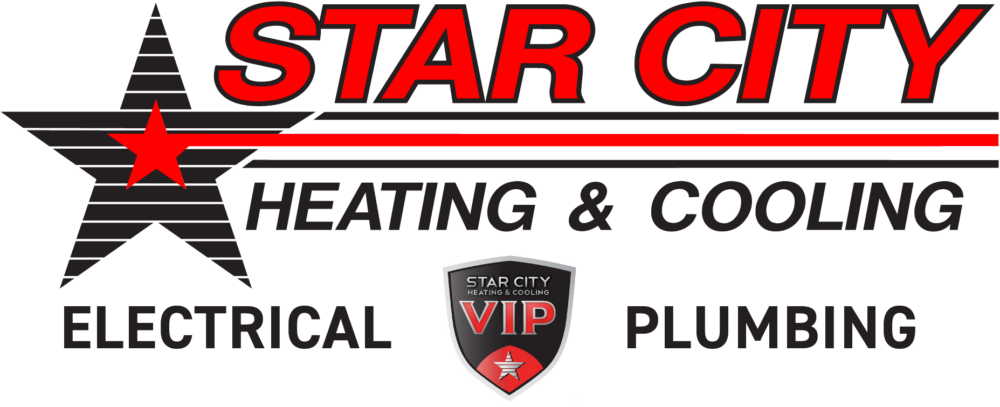Signs that your heat pump may need to be repair include:
- Not producing enough air
- Making loud noise
- Vibrating excessively
- Leaking water or refrigerant
- Higher than usual energy bills
If you notice any of these issues, call Star City right away. We’ll be able to pinpoint the problem and provide you with cost-effective options for solving it.
Regular maintenance is crucial for ensuring the longevity and efficiency of your heat pump. This includes
- Cleaning or replacing the air filter
- Checking the refrigerant levels
- Scheduling annual maintenance
Have Star City visit your home once per year to inspect your heat pump, make sure it’s working as intended, and point out any areas of concern so you can address them right away. This will ensure your heat pump lasts as long as possible.
Heat pumps last for 15-20 years on average. However, this amount can vary depending on:
- The model you buy
- Your individual usage habits
- Whether you maintain your heat pump anually
Many heat pumps are more than capable of providing adequate heat for homes in Nebraska during the state’s cold winters. Some homeowners may wish to supplement their heat pump with ductless heating units—talk to Star City about the most cost-effective way to use a heat pump in your home.
Heat pumps have numerous advantages when properly installed and maintained. These include:
- High energy efficiency: heat pumps use electricity to transfer heat rather than generate it, which requires less energy for similar amounts of comfort.
- All-in-one heating and cooling: heat pumps are able to both heat and cool your home from one single unit. However, we do install a backup furnace for when the weather gets too cold for the heat pump design.
- Environmental friendly: since heat pumps do not burn fossil fuels, they do not produce any emissions directly.
- Improved indoor air quality: heat pumps have the ability to filter and dehumidify the air, which can improve indoor air quality.
- Quiet operation: heat pumps are designed to operate quietly, which ensures a peaceful indoor environment.
- Zone control: heat pumps can be integrated with zone control systems to provide individualized temperature control in different areas of the home.
A heat pump uses electricity to transfer heat from one location to another. It absorbs heat from the air or ground outside and transfers it into the home to provide warmth in cold conditions. In warmer weather, the process is reversed and the heat pump removes heat from the home to provide cooling.
